A few months after my son passed away, I recognized that my brain had literally changed.
I couldn’t remember facts. I was unable to follow television shows and movie plotlines. And casual conversations were no longer possible for me to digest. I had no idea what everyone was talking about or why any of it mattered.
I must still be in shock, I told myself.
But after a year rolled by and my cognitive skills failed to bounce back, I acknowledged that my business mind for details had evaporated and that I needed to prepare myself for a simple life moving forward that involved no more than a few meaningful tasks per day.
My husband was concerned. His brain was just fine.
All I could tell him was that mine wouldn’t work the way it did before or do what it once did. All it could do was read and write, and the only topic it wanted to read and write about was death.
Why?
Because I was desperate to know if I would ever see my eldest son again. I was anxious to determine if it was possible to connect with his spirit in this lifetime the way my senses and dreams were suggesting I could. And I was curious to learn the meaning of life so I could decide whether to continue participating in it.
I proceeded to devour research papers and books written by doctors and scientists. I wept through dense “masterpieces” written by both ancient and modern monks and philosophers. I tested my own belief system by racing through memoirs written by national and international mediums and psychics. And I steeped myself in stories written by regular old people like me who had come face to face with loss and had something meaningful for the world to know about it.
The more I read, the more I realized that after nearly two decades of formal education, an MBA on my resume, and a 20+ year career in business, my former self knew virtually nothing about life and even less about death.
Buddhist author Sogyal Rinpoche commiserated with me in his spiritual classic, The Tibetan Book of Living and Dying: “Young people are so highly educated in every subject except the one that holds the key to the entire meaning of life.”
I thought about all the facts I had memorized in school. All the tests that had driven me to tears. None of it prepared me for my loss, and none of it could help me recover.
“After the death of someone you love,” Rinpoche says, “It can feel as if you are being given a new life and are being asked, “What will you do with this life? And why do you wish to continue living?”
These were the questions my life was demanding I answer, and when death cracked me open, I began searching for them.
The very first book I read was called, On Life After Death, written by Swiss-American author, educator, and psychiatrist Elisabeth Kubler-Ross. Known as the “Death and Dying Lady” during her lifetime, Kubler-Ross is credited with inventing the hospice movement. She sat with thousands of dying patients, many of whom were children, and she documented what they told her about living and dying up to their very last breath. She studied more than 20,000 people reporting near-death experiences and analyzed dying and the concept of death through multiple lenses, including those of doctors, nurses, rabbis and ministers, funeral directors, and sociologists around the world.
“Every day, people die all over the world,” she reminded me. It’s a basic human process, like birth. It doesn’t care if we are rich or poor, tall or short, good or bad. Modern technology can delay it sometimes but will not help us escape it. It’s only to our benefit that we make death “a companion and learn what it means for our existence.”
Suddenly my brain’s new preoccupation seemed important.
Kubler-Ross learned from her dying patients that death is nothing to fear; that no one ever dies alone; and that loved ones and other spiritual helpers will all be there waiting for us when our time comes. She concluded at the end of her life that death is nothing more than a transition into another world where we take with us all we have learned in this one.
Her conclusions may not resonate with everyone, but they gave me the hope I needed to move forward in life, and they coincided with what my own senses and growing intuition were already telling me.
After my son left, I could suddenly see and hear things I never could before. Voices that were not mine dropped into my head like thoughts and tried to comfort me. Energy radiated off other people in ways that made me dizzy. And at night, in my dreams, ancestors infused me with their wisdom along with some amusing one-liners like, “I knew you when you were born, you know.”
Sometimes I dreamt of a piercing white light shining underneath a closed wooden door. As I approached it, an invisible force stopped me, made it clear I could not enter and said without a speaking a word that my son was “on the other side.”
Other nights I dreamt of butterflies bursting into bright balls of light, some white and some blue, before hearing without a sound that, “This is what spirits look like.”
I might have thought I had lost my mind had Kubler-Ross, her patients and so many other authorities on dying and death not assured me that they too had similar experiences.
Learning and talking about death has made life a lot more interesting, I must say. It has also expedited my healing process, provided me with a continuous flow of inspiration and served as a daily reminder to contribute the best I’ve got for as much time as I have left.
“If you aren’t interested in knowing about it, it doesn’t make any difference,” Kubler-Ross jokes, “because once you have died, you will know it anyway.”
But she also suggests taking advantage of all types of loss that constantly try to grab our attention. “If you lose a boyfriend or girlfriend, if you lose your job, or you are forced to move from your home where you have lived for 50 years and have to go to a nursing home, some people if they lose a parakeet, some if they only lose their contact lenses, go through the same stages of dying.”
All loss is hard. But if we believe that transformation awaits on the other side of it, I’d like to think that we will heal faster and progress further together from the inside-out.

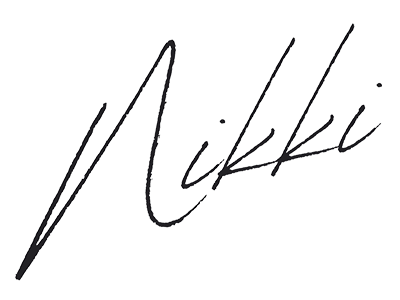

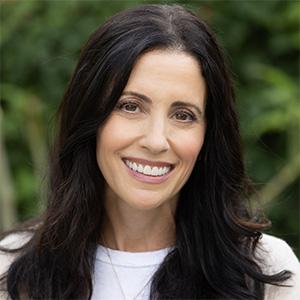
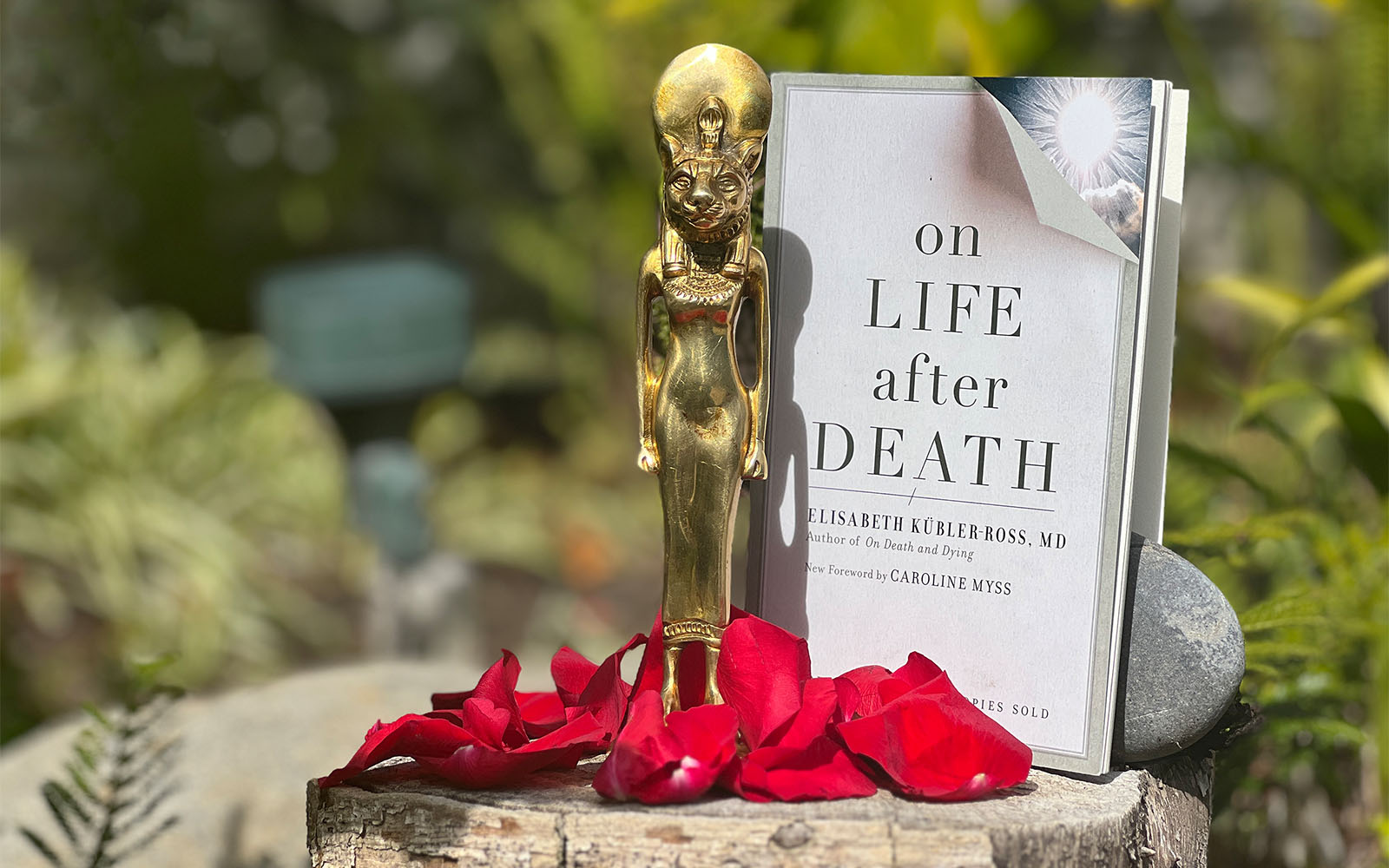

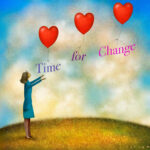
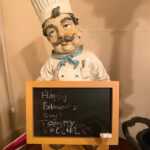
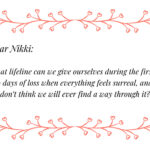
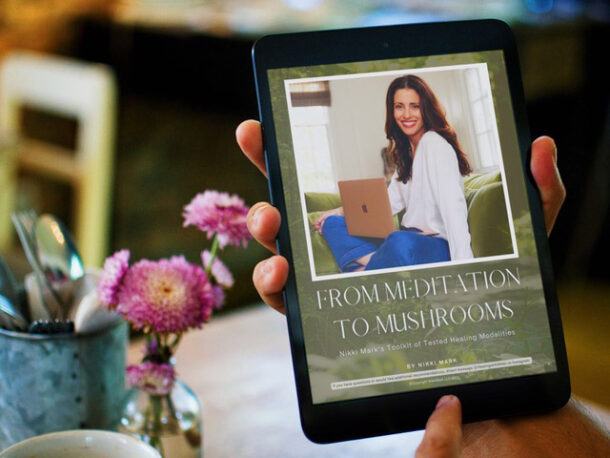
I love your writing and insight.
Thank you!